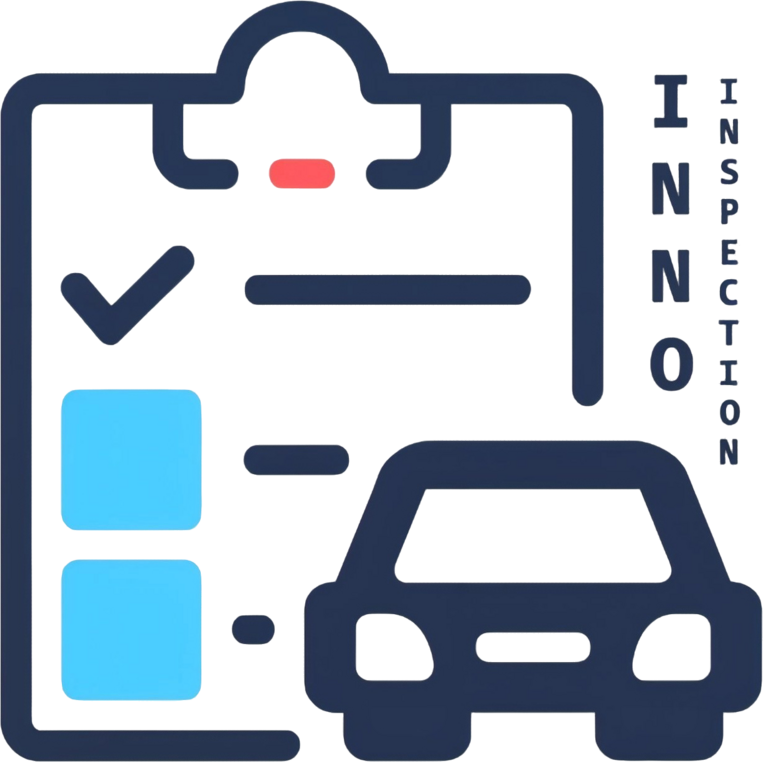Introduction
The fleet management landscape is undergoing a significant transformation. As businesses seek to enhance efficiency and reduce costs, the shift from traditional to modern fleet management practices has become essential.
Traditional methods, often reliant on manual processes and limited visibility, are being replaced by advanced technologies that leverage data for informed decision-making. In this article, we’ll explore the differences between traditional and modern fleet management, the benefits of modernization, and tips for a successful transition.
Understanding Traditional Fleet Management
Traditional fleet management typically involves a reactive approach characterized by:
- Manual Scheduling: Fleet managers often relied on spreadsheets and paper records to schedule maintenance and assign drivers. This method can lead to errors and inefficiencies, as well as difficulties in tracking vehicle availability.
- Limited Tracking Capabilities: While GPS technology was available, real-time tracking and data analysis were often lacking. Managers had to wait for reports rather than accessing instant information, which could delay decision-making.
- Reactive Maintenance: Maintenance schedules were often based on mileage or predetermined intervals, leading to unexpected breakdowns. This reactive approach not only increased downtime but also escalated repair costs.
The Rise of Modern Fleet Management
Modern fleet management leverages technology to revolutionize operations. Key features include:
- Automated Systems: Modern software solutions streamline scheduling and reporting, allowing for real-time updates and minimizing human error. Automation enhances productivity by freeing up time for fleet managers to focus on strategic decision-making.
- Real-Time Data Analytics: Fleet managers can monitor vehicle performance, fuel consumption, and driver behavior instantly. This accessibility enables proactive decision-making and timely interventions, improving overall efficiency.
- Predictive Maintenance: By analyzing data trends, predictive maintenance allows fleet managers to address issues before they escalate. This proactive approach significantly reduces downtime and maintenance costs while enhancing vehicle lifespan.
In today’s fast-paced world, fleet management must be proactive, not reactive.
Benefits of Modern Fleet Management
Transitioning to modern practices offers a plethora of advantages:
- Increased Efficiency: Automation and real-time data lead to optimized routes and better resource allocation. Fleet managers can identify inefficiencies and implement corrective measures swiftly.
- Cost Savings: Predictive maintenance and efficient scheduling can dramatically lower operational costs. By preventing breakdowns and optimizing fuel usage, businesses can see significant savings over time.
- Enhanced Safety: With real-time monitoring, fleet managers can identify risky driver behaviors and implement targeted training programs. Improved safety not only protects drivers but also reduces liability costs for businesses.
- Better Compliance: Modern fleet management systems can help ensure compliance with regulations by automating documentation and reporting processes, reducing the risk of fines and penalties.
Tips for Transitioning to Modern Fleet Management
- Invest in Telematics: Implement telematics systems to gain real-time visibility into your fleet's performance. Look for solutions that provide comprehensive data on vehicle location, speed, and maintenance needs.
- Utilize Data Analytics: Use data analytics tools to identify trends and areas for improvement. Regularly review performance metrics to make informed decisions about driver training and vehicle maintenance.
- Train Your Team: Ensure your team is well-trained in new technologies to maximize their potential. Consider ongoing training programs to keep staff updated on the latest tools and best practices.
- Engage with Stakeholders: Involve drivers and maintenance personnel in the transition process to gain insights and foster buy-in. Their feedback can help you refine processes and improve overall fleet performance.
- Start Small: If you're new to modern fleet management, start with a pilot program. Implement new technologies in a small segment of your fleet before scaling up. This allows for troubleshooting and adjustments without overwhelming your operations.
Conclusion
The evolution from traditional to modern fleet management is not merely a trend; it’s a necessity for businesses looking to thrive in a competitive market. By adopting modern practices, fleet managers can significantly enhance efficiency, reduce costs, and improve safety.
Are you ready to transform your fleet management strategy? Explore our resources and take the first step toward modernization today! Your fleet—and your bottom line—will thank you.







